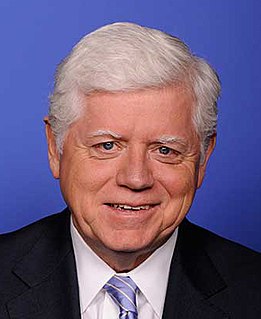A Quote by Douglas Hurd
We, Britain and Germany, can neither of us be happy about our handling of the Iraq war.
Related Quotes
In my head, thought, I would love to do an interview where it's just sort of de-constructed - the talking points of Iraq - sort of the idea of, is this really the conversation we're having about this war? That if we don't defeat Al Qaeda in Iraq, they'll follow us home? That to support the troops means not to question that the surge could work. That, what we're really seeing in Iraq is not a terrible war, but in fact, just the media's portrayal of it.
The difference between the Bush I war against Iraq and the Bush II war against Iraq is that in the first one, we appealed to the sentiments and interests of the different groupings in the region and had them with us. In the second one, we did it on our own, on the basis of false premises, with extremely brutality and lack of political skill.
I think what history will show is that one of the most tragic results of the war in Iraq will be that although Sharon, the Likudites, the Neoconservatives in our country, President Bush and the Democratic party thought the war in Iraq and destroying Saddam would benefit Israeli security, we're seeing absolutely that the war in Iraq has probably put Israeli security in a more tenuous condition than it's been in since the founding of the Israeli state.

































